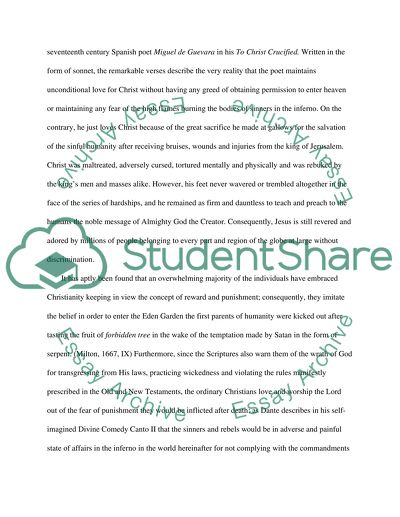Cite this document
(“Christian piety Essay Example | Topics and Well Written Essays - 1000 words”, n.d.)
Christian piety Essay Example | Topics and Well Written Essays - 1000 words. Retrieved from https://studentshare.org/literature/1577745-christian-piety
Christian piety Essay Example | Topics and Well Written Essays - 1000 words. Retrieved from https://studentshare.org/literature/1577745-christian-piety
(Christian Piety Essay Example | Topics and Well Written Essays - 1000 Words)
Christian Piety Essay Example | Topics and Well Written Essays - 1000 Words. https://studentshare.org/literature/1577745-christian-piety.
Christian Piety Essay Example | Topics and Well Written Essays - 1000 Words. https://studentshare.org/literature/1577745-christian-piety.
“Christian Piety Essay Example | Topics and Well Written Essays - 1000 Words”, n.d. https://studentshare.org/literature/1577745-christian-piety.


